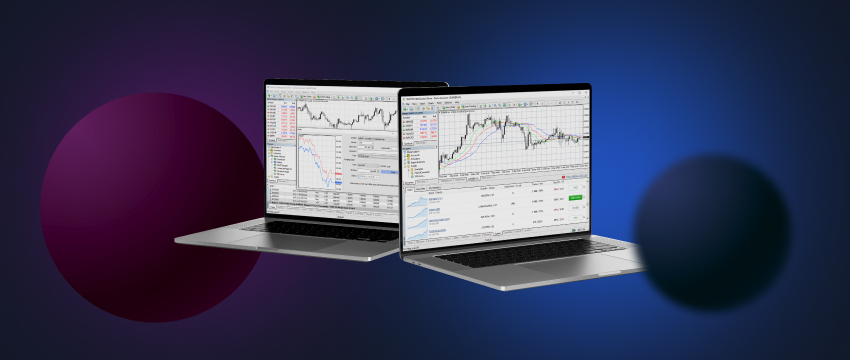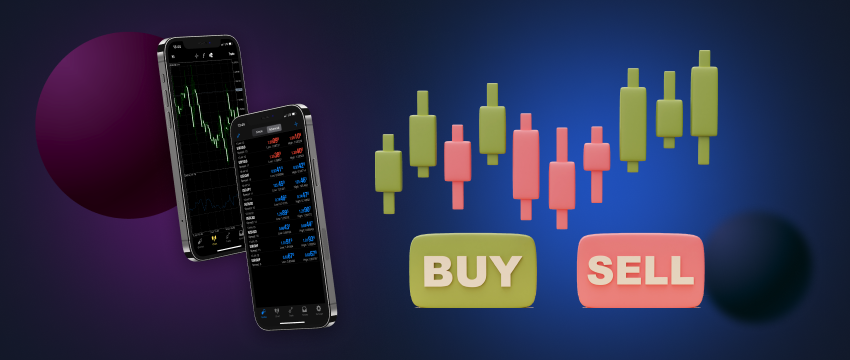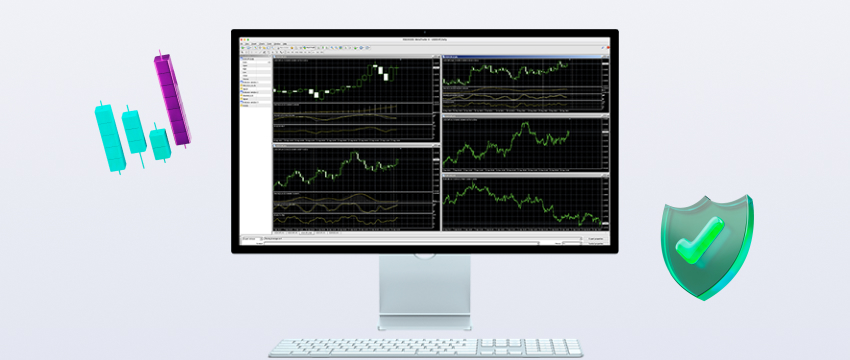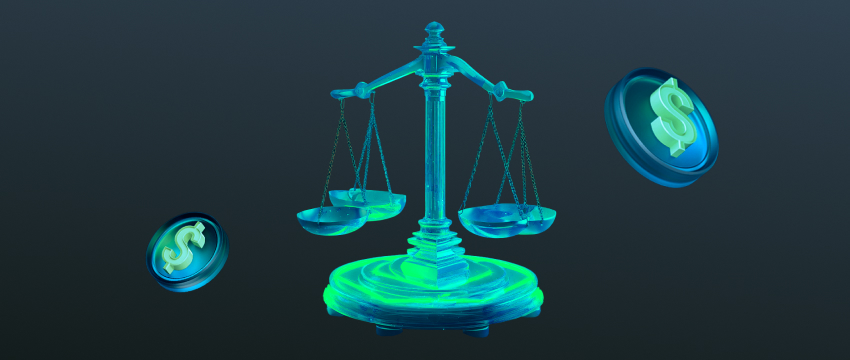If you’re new to forex trading, there are certain fundamentals to consider to mitigate the risk of losing large sums of money. The forex market is the largest and most liquid market in the world. Currency trading is conducted 24 hours a day, 5 days a week, across almost every time zone. It is also an extremely active market with constant price fluctuations. Forex trading for beginners, understanding the complexities of this volatile market is key to achieving any kind of success.

Educate yourself
Forex beginners should take the time to study everything about the markets. Learn what you can about currency pairs and what impacts them before you start. The volatility of forex trading can expose you to very big losses so diving in without being properly informed can be very risky.
Know who you are
As a forex beginner, understanding who you are as far as your strengths and weaknesses are concerned is of utmost importance. Your personality traits and approach to stress will largely influence the type of trading you’ll be comfortable with and your ability to cope with losses gracefully. Remember that not every trade will be a winning trade, so remove ego from the equation, and focus on objectivity. Emotional outbursts have no place in trading, regardless of trading outcomes.

Build a trading plan
Having a proper trading plan in place is crucial to achieving your trading goals. Build the plan based on what you know about the forex market, your trading style, and how averse to risk you are. Then consider opening a forex demo account to test that plan. A demo account gives a forex beginner the opportunity to trade currency pairs in a risk-free environment, without having to use your own capital. It typically mimics real market conditions, enabling you to get a better feel for what your forex trading journey could look like.
Develop a trading strategy
No trading plan is complete without a strategy that sets the guidelines for when to enter or exit a trade. There are several forex trading strategies that traders typically use, some of the most popular being:
- Day trades. These are short-term trades executed within minutes or hours. Day traders typically use technical analysis to increase their potential for making more profit.
- Scalp trades. These are trades held for seconds or minutes. They are considered to be cumulative in that the profit made off each trade has the potential to add up to a decent amount by the end of the trading day.
- Swing trades. Trades are held for longer than a day (usually days or weeks). They are not usually monitored throughout the day. Swing traders typically speculate on the impact of geopolitical events or economic developments on currency movements to make trading decisions.
- Position trades. Positions are held for months and even years. Position traders usually make use of fundamental analysis.
If you are a forex beginner, pick a trading strategy that best fits your objectives, your character, how much time you have available to trade, your budget, your level of expertise, and your skills. Also, ensure that you are comfortable with the methods of analysis (technical or fundamental) required by different trading strategies to ensure an optimal trading experience.
Know when to stop
Knowing your limits is key, particularly as a forex beginner. Use your trading plan to establish how much you’re willing to lose to avoid risking more than you can afford. Implement proper risk management strategies for when trading doesn’t go according to plan. Consider utilising risk management tools like stop-loss and take-profit orders to reduce losses. Know what you need to look out for and plan for contingencies when the market moves in a direction you didn’t anticipate. Be disciplined and stick to your plan. This is not to say that adjustments won’t be called for but trade with rational prowess, not fear. The opportunity to make a profit another day remains.

Make sure you have enough money
Forex trading requires liquidity. However, it is critical that a trader not use cash that comes from sources reserved for important events, e.g., retirement, university education, medical savings, etc. The cash used for trading should be money you can afford to lose without putting any form of savings at risk. This is because trading is highly volatile and can lead to crippling losses if not managed properly. Trade within your means, control your use of leverage and don’t act impulsively.
Don’t stop learning
Trading currencies can be complex. There are numerous resources available online to help you learn how to manage the complexities and make better trading decisions. Forex brokers like T4 Trade for example offer access to a comprehensive pool of educational webinars, podcasts, and videos on demand to boost your trading skills, explore different trading strategies and get answers to your forex-related questions.
Choose a reliable CFD forex broker
Choosing the right CFD forex broker is an essential part of your forex trading journey, especially if you’re a forex beginner looking to acquire more expertise. Factors to consider are:
- Cutting-edge trading platform. Is it customizable to your trading needs? Is it secure and easy to use? Does it offer technical and fundamental analytics tools, trading alerts and other resources to boost your trading experience?
- Exceptional customer support. Is the broker renowned for their top-tier customer support? Are they reachable across multiple channels, i.e., telephone, live chat, or email? Are they able to answer your questions? Do they have the necessary expertise to help you become a better trader?
- Transparency. Are the broker’s fees clear, particularly in regard to deposits and withdrawals? Are their fees compared to the competitors? Do they charge a commission, or do they make their money off wider spreads?
- Resources. Does the broker provide high-quality educational material, current market news and insights, trading and analysis tools, etc.?
- Leverage. Does the broker offer appropriate leverage? Do they offer a wide variety of leverage options? Be mindful to use leverage with caution however as it has the potential to magnify losses very rapidly.
Disclaimer: This material is for general informational & educational purposes only and should not be considered investment advice or an investment recommendation. T4Trade is not responsible for any data provided by third parties referenced or hyperlinked, in this communication.




